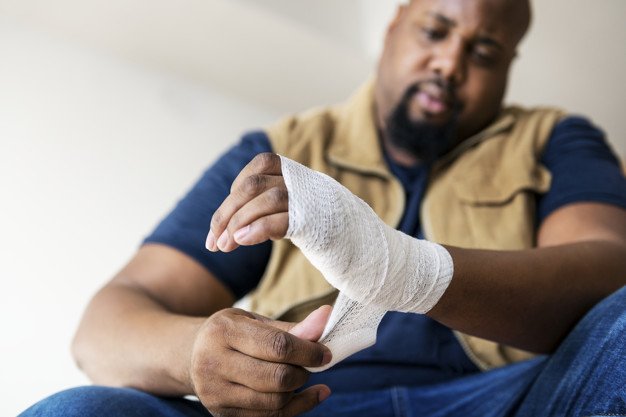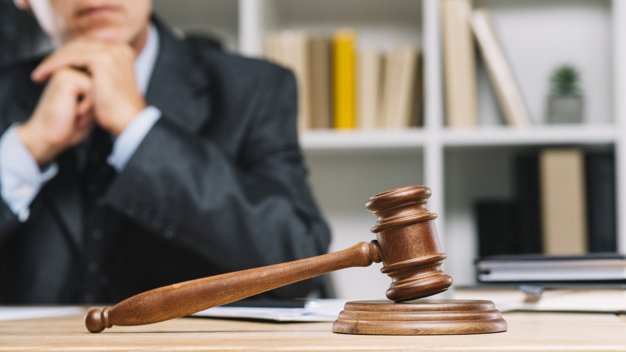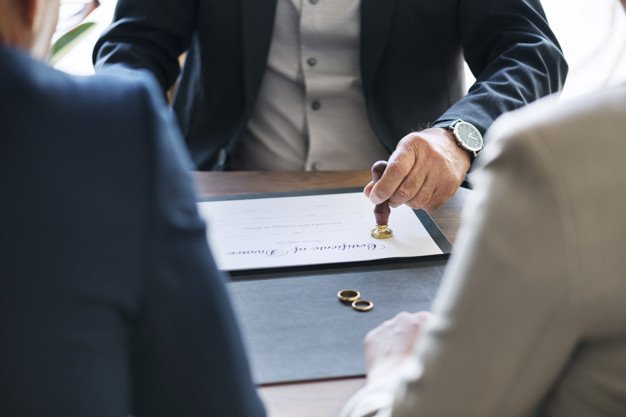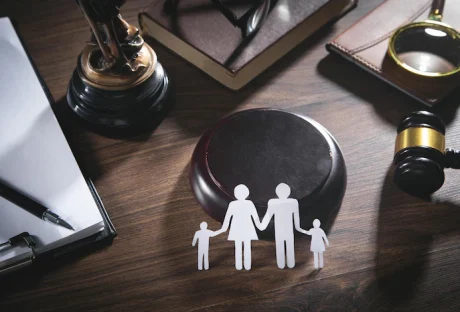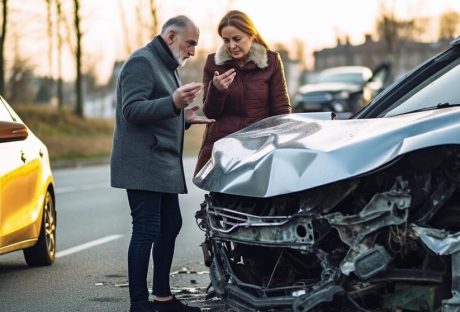Every year, millions of people get an injury in accidents that have been caused by others. Often, they suffer serious injuries. In some cases, they end up being permanently disabled.
If this happens to you, it is important to react to the situation in the right way. Doing so will have a significant impact on how easy and how quickly you can get your life back on track. This basic checklist will help you to handle this situation in the best possible way.
What To Do If You Have Suffered An Injury That Is Not Your Fault?
Get yourself a lawyer
If you have been injured, there is a good chance that finding a lawyer is the last thing on your mind. Your focus is on getting better. This is understandable, but you really should make hiring a personal injury lawyer a priority.
Should you not do so, your chances of winning compensation are considerably reduced. It is all too easy for vital evidence to be lost or cleared away. You may also inadvertently do things that will end up weakening your case.
Make sure you do not admit blame
When you hire a lawyer at an early stage, they will explain to you what information you need to gather. They will also help you to avoid saying things that make it sound like you were somehow to blame for the accident and, therefore, your injuries.
Keep a record of your injuries and recovery
Usually, they will ask you to keep a diary of your symptoms, the drugs you are taking and your treatments. As well as keep a record of the impact the injury is having on your life and the additional expenses you have. They may also ask you to use a pain app like the ones you can download via the links on this page.
Follow the medical advice you are given
Following the advice your doctors give you sounds obvious. But, it can be difficult to do when you are feeling so ill. For example, taking a daily walk when you are in a lot of pain will not be easy. But, despite this, you must do the very best you can to follow the instructions you are given.
Doing so will help you to heal faster and will reduce the risk of the other party being able to use the argument that you did not recover from your injuries because you did not follow medical advice. The last thing you want is to inadvertently let the person who is ultimately responsible for your injuries off the hook.
Accept the help of others
When we get hurt we are usually at our most vulnerable. Yet despite this, when offered help, many of us automatically say no thank you. Our pride just won’t let us accept the assistance that we really need. It is important to be aware of this tendency and to resist automatically saying no when help is offered. You need to get better as soon as possible. With the assistance of others, you will be able to do that.
Read Also:













